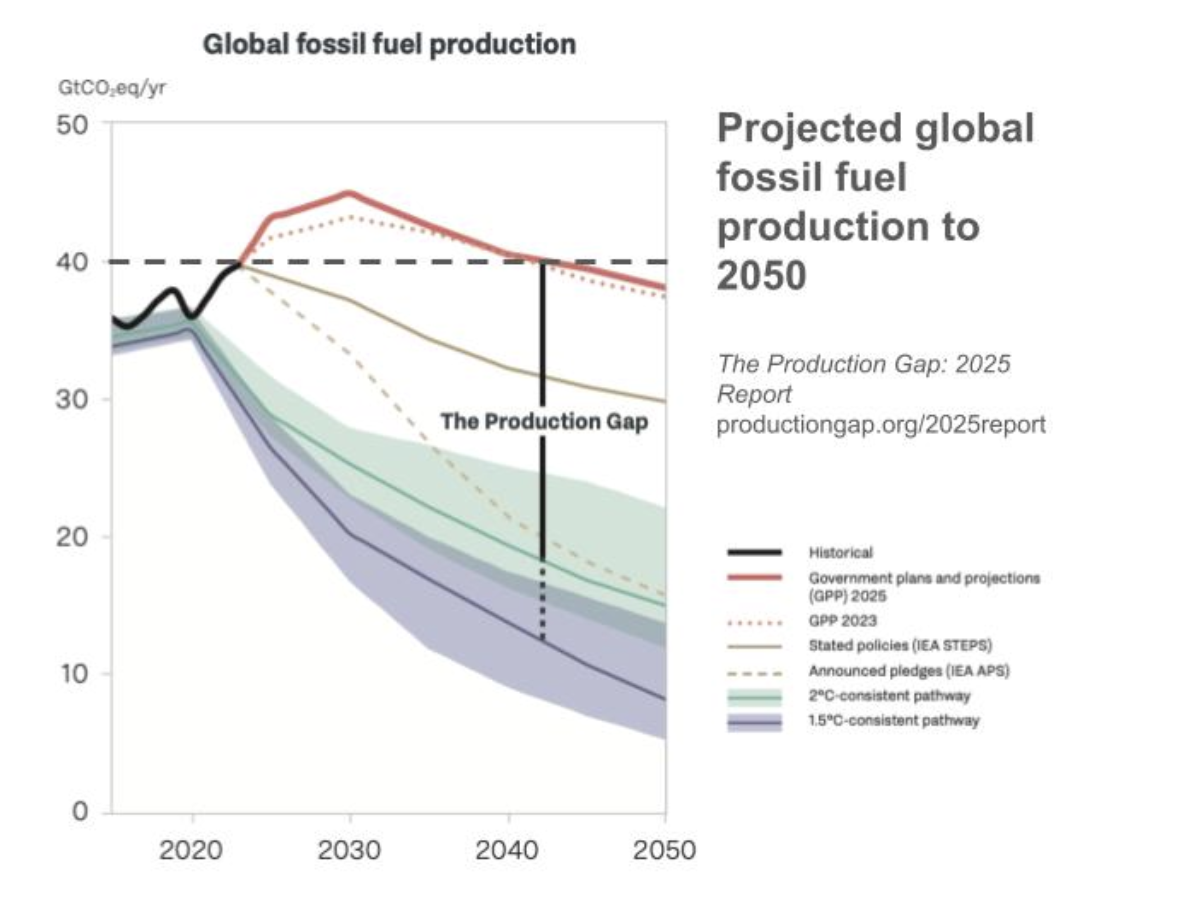by David Spratt, first published at Pearls&Irritations
- ClimateGenn podcast: 2025 In Climate Review: AMOC, Overshoot & Emergency Briefings with Guest David Spratt
Scientific evidence in 2025 showed global warming accelerating faster than expected, while emissions continued to rise and climate policy lagged dangerously behind physical reality.

Climate warming is a field of fast-changing physical realities – in many cases beyond scientific expectations – and gob-smacking new flood and heatwave and fire extremes, month after month, enhanced by a heating climate. And we are now ending a year when climate denial reached new peaks in the American Presidency and within our home-grown Liberal-National-Party coalition.
Fossil-fuel carbon dioxide (CO2) emissions are expected to increase by 1.1 per cent in 2025 to reach a record high; the global average concentration of CO2 rose by 3.5 parts per million which was the largest increase since modern measurements started in 1957; and it is projected that fossil fuel emissions by 2050 will be barely lower than today, according to the 2025 Production Gap report (see diagram). In fact, both oil and gas supply are projected to continue rising till 2050.


















